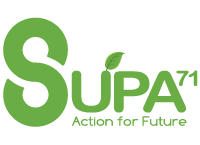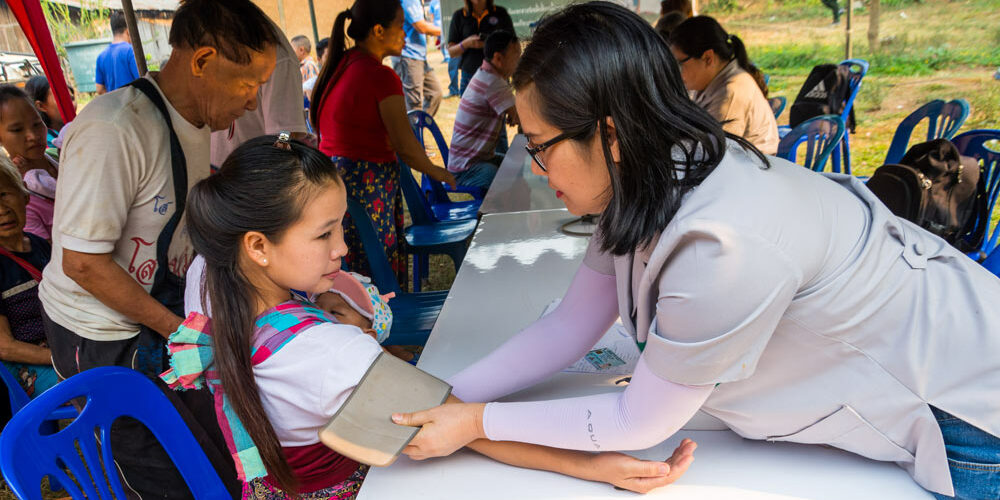In Thailand, a Village Health Volunteer (VHV) is a crucial component of the country’s primary healthcare system. VHVs are local individuals who volunteer their time and efforts to support community health initiatives in rural areas. They play a vital role in promoting preventive healthcare, delivering basic medical services, providing health education, and facilitating referrals to higher levels of care when needed.
The VHV program in Thailand was initiated by the Ministry of Public Health (MOPH) in 1977 as part of its strategy to improve access to healthcare services in remote villages. VHVs are selected from within their communities based on criteria such as willingness to serve, good communication skills, and basic knowledge of health-related issues. Once selected, they receive training from MoPH officials or experienced VHVs on various aspects of primary healthcare delivery.
The responsibilities of VHVs vary depending on the specific needs and resources available within each village. However, some common roles include:
- Health Education: VHVs engage in health promotion activities by disseminating information about disease prevention, proper nutrition, family planning methods, maternal and child health, hygiene practices, and other relevant topics.
- Home Visits: They conduct regular visits to households within their assigned area to monitor the health status of residents, provide advice on healthy living habits, identify potential health risks or problems early on, and refer individuals for further evaluation if necessary.
- Basic Medical Services: VHVs are trained to provide certain essential healthcare services such as taking vital signs, administering first aid for minor injuries or illnesses, distributing medications following doctor’s prescriptions or standing orders established by MOPH guidelines.
- Referrals: When faced with more complex cases beyond their scope of practice or resources available at the village level, VHVs facilitate referrals to appropriate healthcare facilities for further examination and treatment.
- Data Collection: VHVs also assist in collecting data related to public health indicators like birth rates, immunization coverage rates, disease prevalence, and mortality rates. The collected data is used by the MoPH to monitor health trends and plan interventions accordingly.
The Village Health Volunteer program has significantly contributed to improving healthcare access and outcomes in rural Thailand. VHVs act as a bridge between the community and formal healthcare services, effectively addressing health disparities that would otherwise be challenging to overcome. They also help empower communities to take charge of their own health through education and preventive measures.
References:
- Ministry of Public Health (Thailand). (2016). Village Health Volunteers Handbook.
- Pongpirul, K., & Walker, D. G. (2006). Village health volunteerism in Thailand: journey toward sustainability. World Health & Population, 8(4), 46-59.
- Tangcharoensathien, V., et al. (1997). The role of village health volunteers in the delivery of primary care in developing countries: A systematic review. Journal of Epidemiology and Community Health, 51(5), 505-512.

